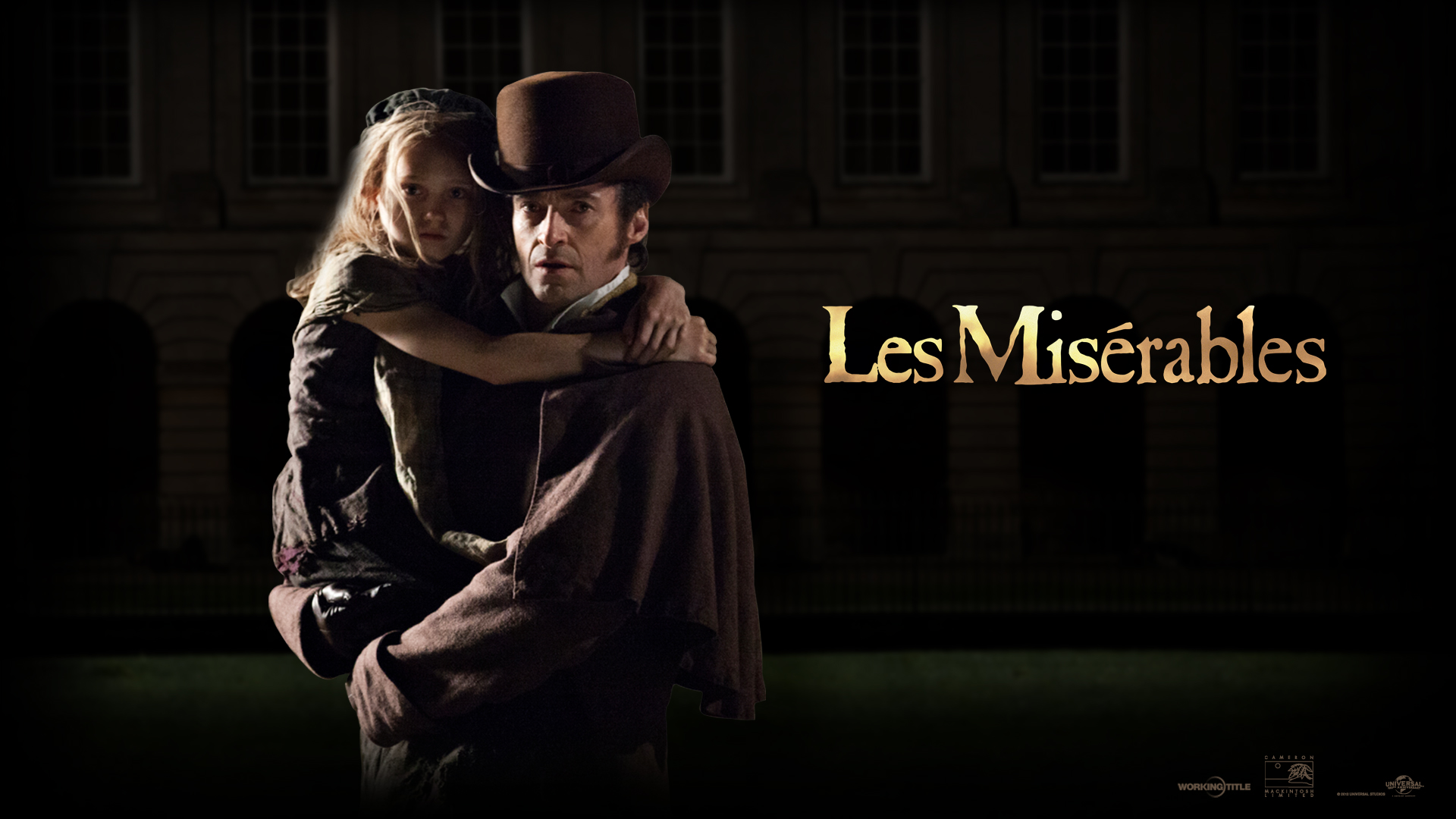

He thinks he recognizes Madeleine and notes his use of the Toulon manufacturing method. Javert arrives to serve as chief of the local police. Valjean becomes a prosperous businessman using techniques for the manufacture of black beads that he learned in Toulon and becomes mayor of his town under the name Madeleine. The Bishop tells him he has purchased his soul for God and that his life will now be different. When Valjean is arrested and brought back to the Bishop, the Bishop pretends the silver pieces were a gift, dismisses the police, and gives Valjean two silver candlesticks in addition to what he had originally stolen. Struggling to survive, he encounters a kindly Bishop, who feeds and shelters him. Valjean escapes when saving another convict who had fallen while repairing some battlements. The film begins with Jean Valjean's theft and then lingers in the Toulon prison where his mistreatment is detailed under the gaze of Javert, who witnesses Valjean's amazing feat of strength in rescuing a man crushed under a boulder. For example, the role of the Thénardiers is reduced to a scene in which Valjean ransoms Cosette from them. Many of the novel's minor characters do not appear or are combined. The narrative is strictly chronological and avoids the digressions required to mirror the novel's structure. The plot follows the general outline of the novel of the same name, omitting many details and some entire episodes. The film was written by John Gay, produced by Lew Grade, and directed by Glenn Jordan (no relation to star Richard Jordan). Les Misérables is a 1978 British made-for-television film adaptation of the 1862 novel of the same name by Victor Hugo.


 0 kommentar(er)
0 kommentar(er)
